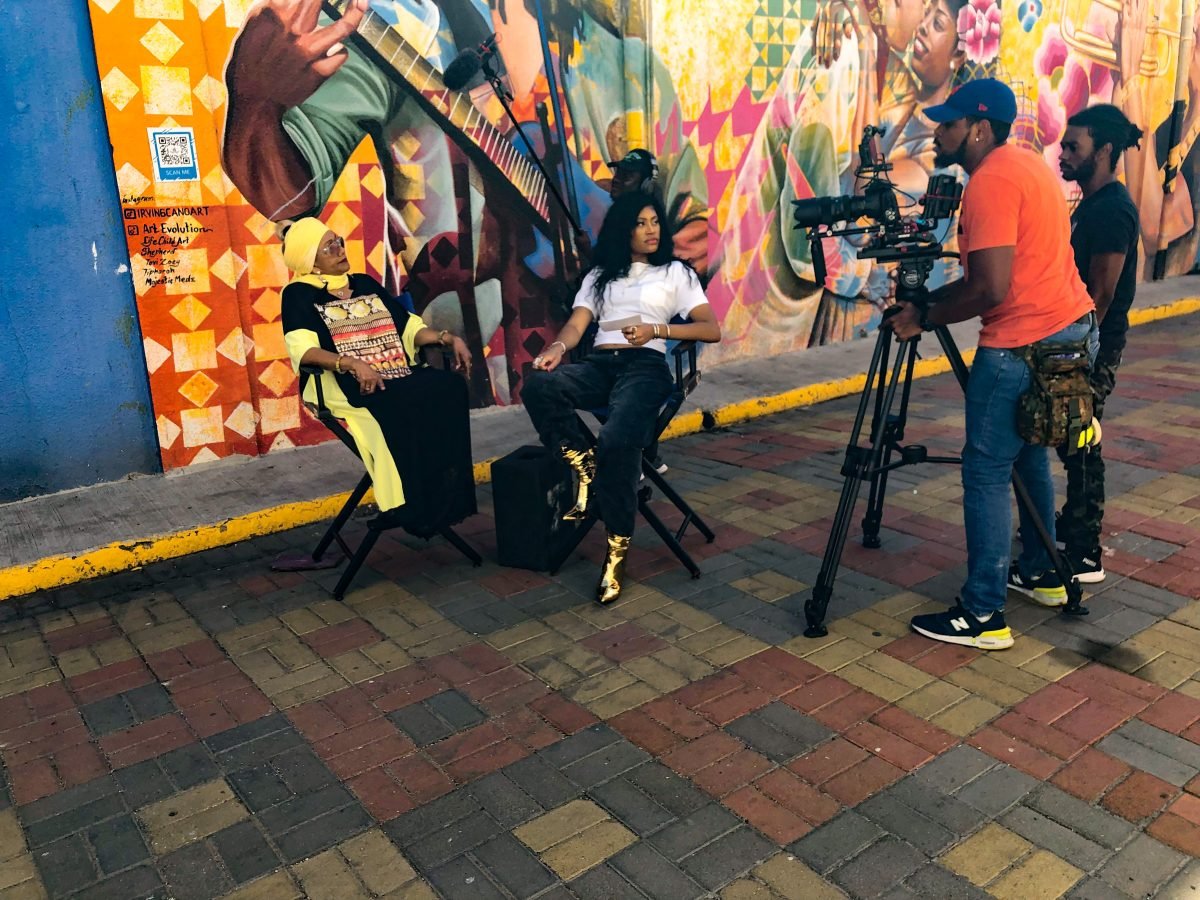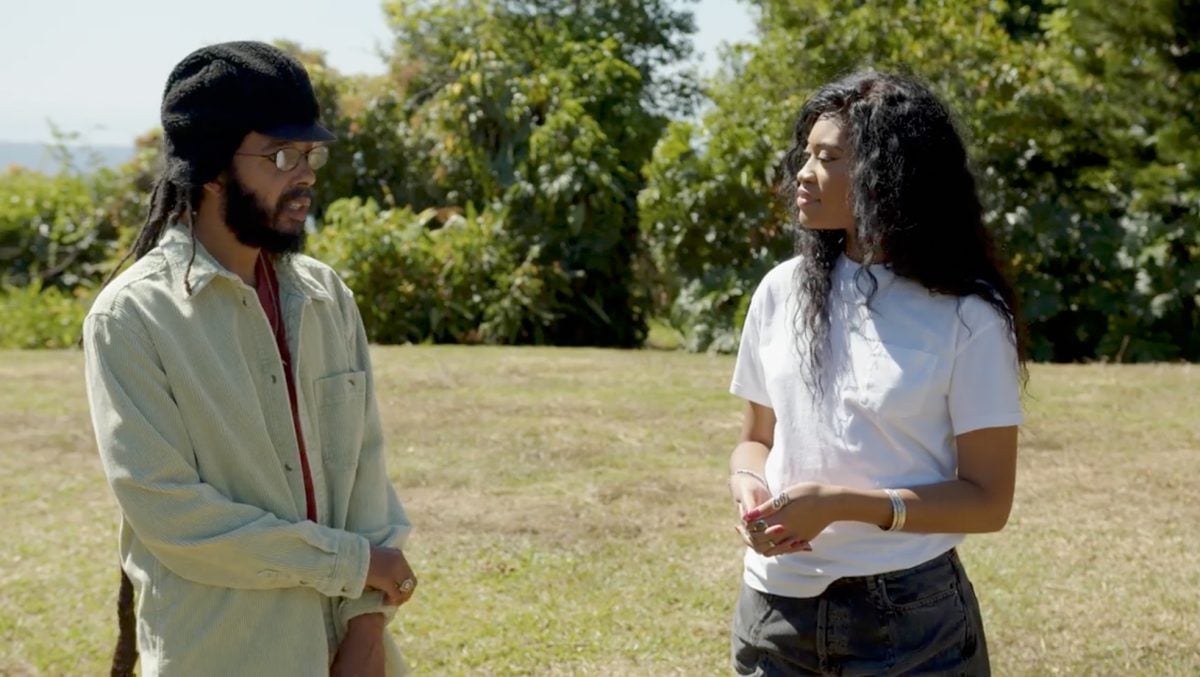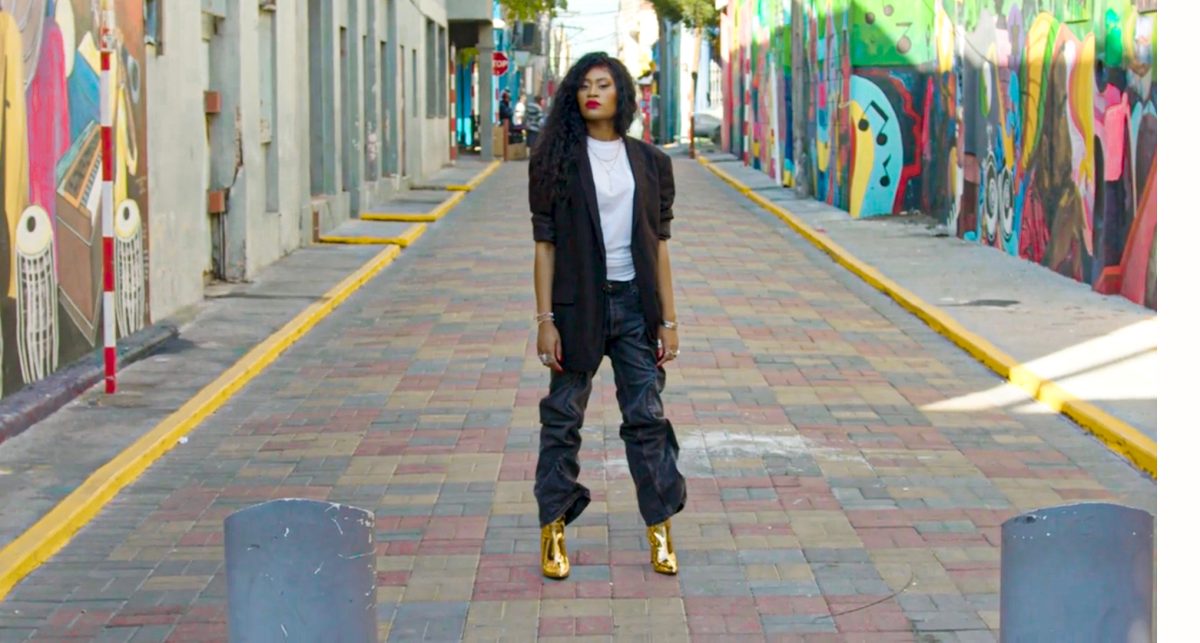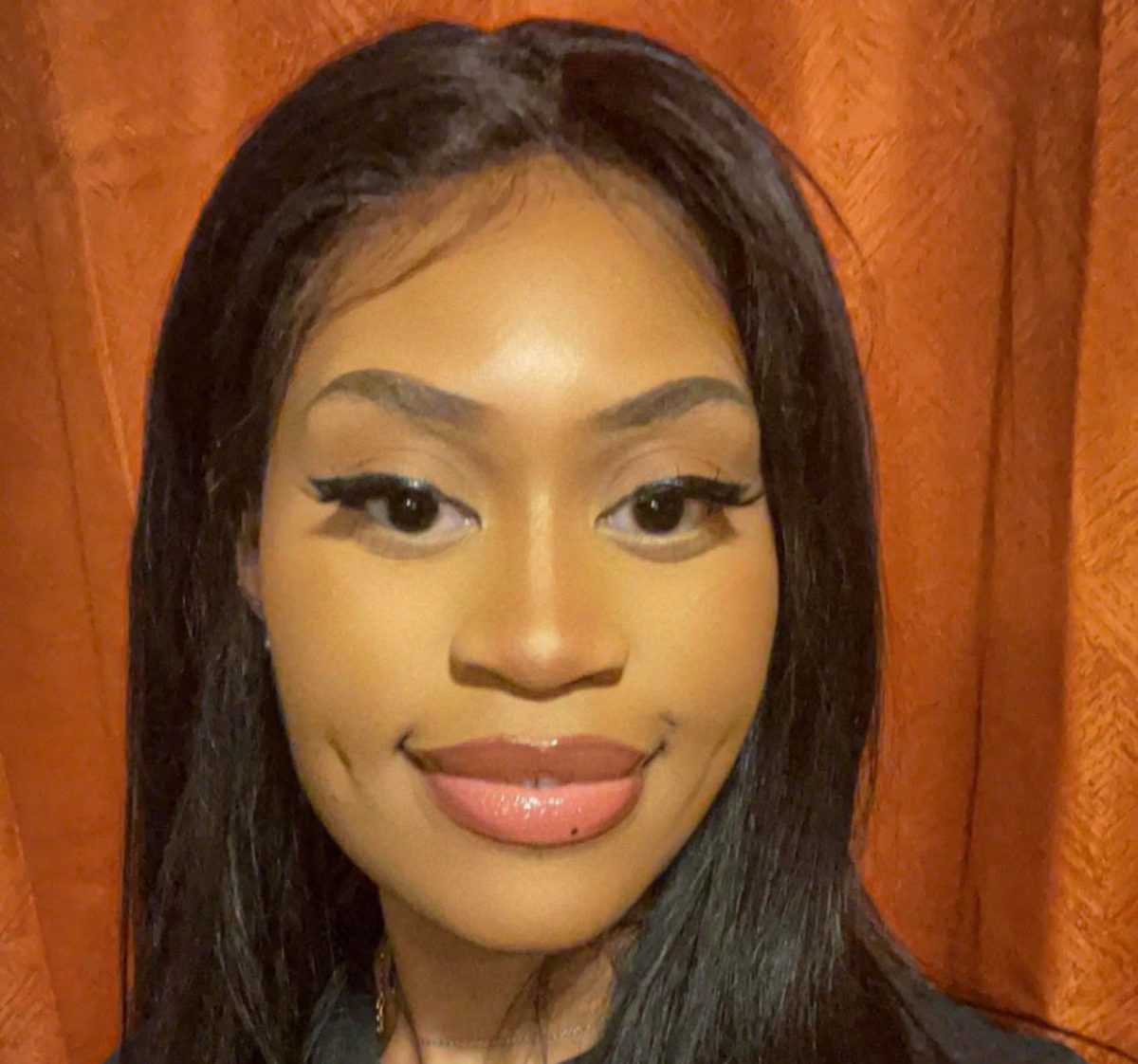American Journalist Noel Walker Aiming To Spread Awareness Of Reggae Month
International TV host and journalist Noel Walker is aiming to boost awareness of reggae month – celebrated annually in February – through her docu-special, The Evolution of Reggae Music and Black History.
The feature premiered on February 24 on the Grio TV channel in the U.S., as well as its streaming and social media platforms.
“It (reggae month) was only established in 2008, but I think the prominence of it, and its connection to black history as a whole, is that important,” Walker told DancehallMag.
“Hopefully, people who were open to reggae before, start expanding their catalogs and find reggae music that speaks to them because it’s there. This is feel-good music, music of unity that uplifts oppressed groups and supports Pan-Africanism. It’s music for the soul. Just open up to it, download it, and purchase more. Stay connected to culture and the new upcoming artists as well as the old.”
The 12-minute production traces the development of Jamaican recorded music and its connection to and influence on the American-originated Black History Month. Adding context and background throughout the docu-special are figures like musician Ibo Cooper who zooms in on Pan-Africanist Marcus Garvey’s life and legacy, and his foundation for political advocacy in reggae music.
Singer Marcia Griffiths further positions Kingston as the Meca of “message music”, contexualising the realities of black people in the late 1960s and 70s when reggae was developing, which informed the lyrics at the same.


Kingston Dub Club owner Gabre Selassie expounds on the contribution of reggae and dub music to black history, and Protoje rounds off the appearances with his perspective on the sounds emanating today and protest music still being made.
Walker, whose beat centers Caribbean and African cultural anthropology, weaves the production with injections of other critical components like Rastafari and DJ Kool Herc’s formation of hip hop through sound system and dancehall culture.
“It seems like people are very interested in the topic and excited that I’m shining a light on it,” she said. “Reggae month is gaining more exposure, year after year, and this short film helps. I hear the schools in Jamaica are teaching more about reggae month than previously— apparently, it was more black history month based before — but now, the focus is including reggae month history and the exposure is surely on the rise.”
She continued, “I’m happy there are pieces of work that expound on the two and don’t separate them because they are so interconnected. People are excited about more short films as well. I do plan to do more, so, stay tuned.”
Her motivation is also linked to a desire to spread reggae music to mainstream markets and its interrelatedness to black history, which she has done through her work as a contributor for media like The Recording/Academy, Billboard, The Fader, Essence and Ebony.
“I always worked in mainstream media in the U.S. and reggae does have a place there. If it didn’t, it wouldn’t have its own categories on the charts or award shows and there wouldn’t be so much inspiration and pull from it. My involvement in both happened organically as I spend a lot of time in reggae and dancehall spaces and working in media, so, the worlds just collided. I do find that it’s something I’m very passionate about and I think if certain groups in the U.S. knew more about new music and new artists in reggae, they would support it more. So, I’m creating a lane. Keep up with me on the ‘Gram for more @thefurstnoel.”


